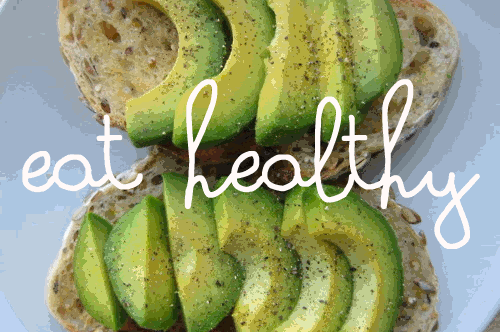According to JAMA Network Journals & JAMA Cardiology, studies have shown in national trends that the mortality rate from heart disease and stroke has declined in the last 60 years. Thanks to modern day evidence-based medicine and medical therapies, we have been able to decrease our chances. However, although we’re dying less often from heart disease, we are not immune to it and we’re still getting it just as often. Here are some hard hitting facts.
Did you know that heart disease remains to be the number one killer in the United States? It’s been this way since 1910.

- In 2017, cardiovascular disease is still the cause of death in 801,000 Americans. That is 1 in 3 deaths a year.
- 2,200 Americans die of cardiovascular disease every day. That is an unsettling average of one death every 40 seconds!
- Heart disease claims more lives than all forms of cancer and Chronic Lower Respiratory Disease combined.
- 92.1 million Americans are living with some form of cardiovascular disease or the after effects of a stroke.
- Did you know that there are 3 major areas of concern to identify your risk factors for heart disease and stroke?
1) Know what conditions can increase your risk for heart disease:

- High blood pressure “The Silent Killer!”
What is normal? Normal is less than 120/80. Get your blood pressure checked. - High Cholesterol “The Fat Build-Up!”
How do I find out what are my numbers? Get your labs done. Ask for a lipids test. Above 240? You might need some help. Ask your doctor. - Diabetes “Insulin Resistance Sugar Rush!”
How do I know if I am at risk of becoming insulin resistance? Get your labs done. Ask to test your glucose levels and A1C levels. Glucose levels above 100? A1C above 6.4? You might need some help. Ask your doctor.
2) Know the risk factors that can influence your risk for heart disease:

- Genetics
Heart disease can run in the family. - Age
The risk for heart disease can rise as you get older. - Sex
Women usually get heart disease about 10 years later than men. Men, are more at risk than women. - Ethnicity
In recent studies, heart disease was the leading cause of death for White Caucasians, African Americans, and Hispanics. For American Indians, Alaska Natives, Asian Americans, and Pacific Islanders, heart disease was second to cancer as the cause of death.
3) Know what behaviors can contribute to heart disease:

- Unhealthy diet?
Foods that are high in saturated fats, trans fats, and cholesterol can be filling and often taste delicious, but did you know that excessive consumption of these types of foods have been linked to heart disease. Even large amounts of carbohydrates can cause inflammation that can lead to heart disease and diabetes…yikes! And diabetes continues to rise in the US. So, eat a healthy diet! - Not exercising?
Not getting enough exercise can lead to heart disease. It can also increase your chances of getting other risk factors such as obesity, high blood pressure, high cholesterol, and diabetes. Try to get in at least 60 minutes of exercise every day. - Obesity?
Obesity is not only linked to higher bad cholesterol levels and lower good cholesterol, but it can also lead to other conditions that increase your risk of heart disease such as high blood pressure and diabetes. Eat a healthy diet and get some exercise! - Too much alcohol?
Did you know that drinking too much alcohol can lead to high blood pressure and put you at risk of heart disease? Here is a good tip to follow when you are on a night out-in-town or just at home: Less than 2 drinks a day for men and less than 1 drink a day for women. - Smoking?
Tobacco use can increase your chances of heart disease and heart attacks because it can damage your heart and blood vessels. So, what can you do? Don’t smoke. If you do smoke, quit now. There are plenty of cessation programs out there that can help you kick the terrible habit.

Take these tips to heart (literally) and try to add these small changes to your lifestyle. Early actions are key when it comes to heart care. For advice on what diet is right for you and what exercises you can do to improve your fitness, contact SpecialtyHealth. We can provide a lab draw and help you identify your risks. We also offer counseling in nutrition and exercise to help you modify your risk factors. We want you to be healthy for life, not just for now. Keep these in mind the next time you want to make a lifestyle change, and you’ve got yourself a powerful dose of heart disease prevention!

ABOUT THE WRITER
Sharon Mattioli, APRN
Sharon Mattioli is a certified Nurse Practitioner and lipid expert. She has over 43 years of experience in the medical field with a specialty in cardiology and lipid disorders. She graduated from St. James Community School of Nursing in Butte, MT, and got her BSN and MS in Nursing (CNS Cardio Pulmonary Nursing) from the University of Nevada. Sharon received her post masters in Nurse Practitioner at UNR.
Sources: Online
JAMA Cardiology- 2017
JAMA Network Journal- 2017
American Heart Association- 2017
CDC, GOV- 2017

